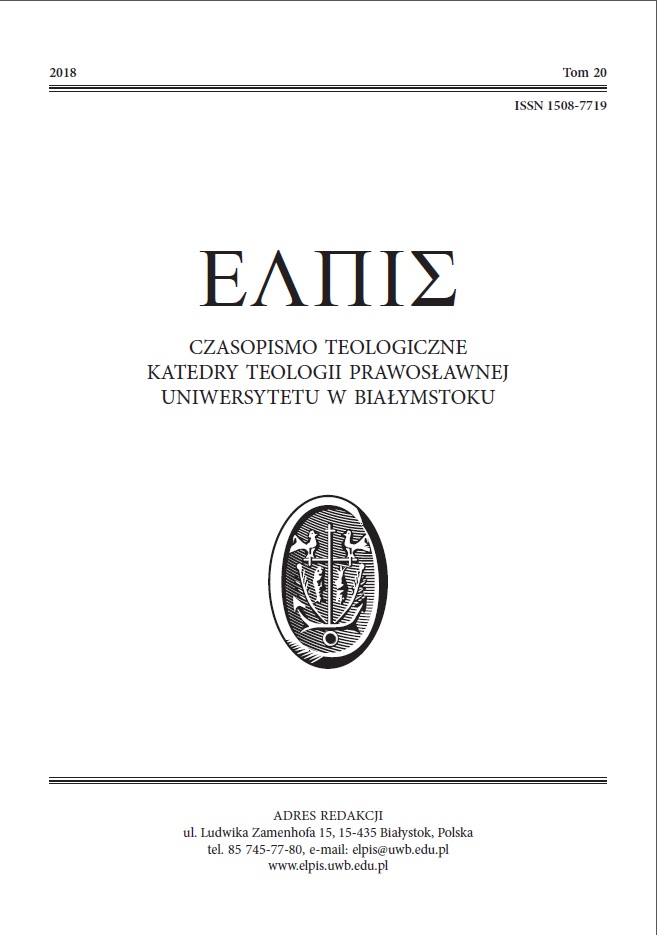Nieeteryczny związek między duchowością chrześcijańską a zdrowiem człowieka
The non-ethereal connection between christian spirituality and human health
Author(s): Wiktor Orlof, Marek AlifierSubject(s): Philosophy, Social Sciences, Psychology, Ethics / Practical Philosophy
Published by: Wydawnictwo Uniwersytetu w Białymstoku
Keywords: religion; prayer; meditation; immunology; health
Summary/Abstract: Health is defined as a state of complete physical, mental and social well-being of a human being, not just a complete absence of disease or disability. Over the years, the basic definition proposed by the WHO has been extended to include another component: the ability to lead an effective social and economic life, as well as the spiritual dimension. The spiritual health of man since the beginning of human consciousness is inseparably connected with the relationship with God. In achieving full health, it is extremely important to achieve a harmonious interaction and coexistence of the spiritual sphere with the physical one. Religious practices are common attempts to create a bridge between the perceivable and measurable state of matter, and the experimental extrasensory spiritual world. Religious practices have been repeatedly associated with the treatment of different diseases and causing the improvement of physiological parameters may contribute to the actual improvement of human health. Prayer can affect the functioning of the body through various mechanisms. It was found that transcendental meditation with mystical dominance gives significant pro-health effects. Many publications prove that prayer and religious practices have a significant influence in regulating of autonomic, hormonal and mental systems. Practitioners less often suffer from diseases caused by excessive high stress level. Evidence for a positive correlation between practicing religious practices and measurable parameters, such as level of IL-6, lengths of telomeres, level of CD4 + T cell and mental health, was found. It seems likely that people devoting themselves to religious practices may be characterized by a lower incidence of certain somatic diseases. The results of the research suggest the need to re-open to other, not only “somatic” forms of therapy, which in a skilful and individualized way should complement the basic methods of therapy currently used. Health care workers, in addition to paying more attention to the spiritual background of existing somatic disorders, should work more closely with psychologists, psychiatrists and clergymen to coordinate a holistic approach to patient care, which should also include aspects of the individual’s spirituality.
Journal: Elpis
- Issue Year: 2018
- Issue No: 20
- Page Range: 119-128
- Page Count: 10
- Language: Polish

